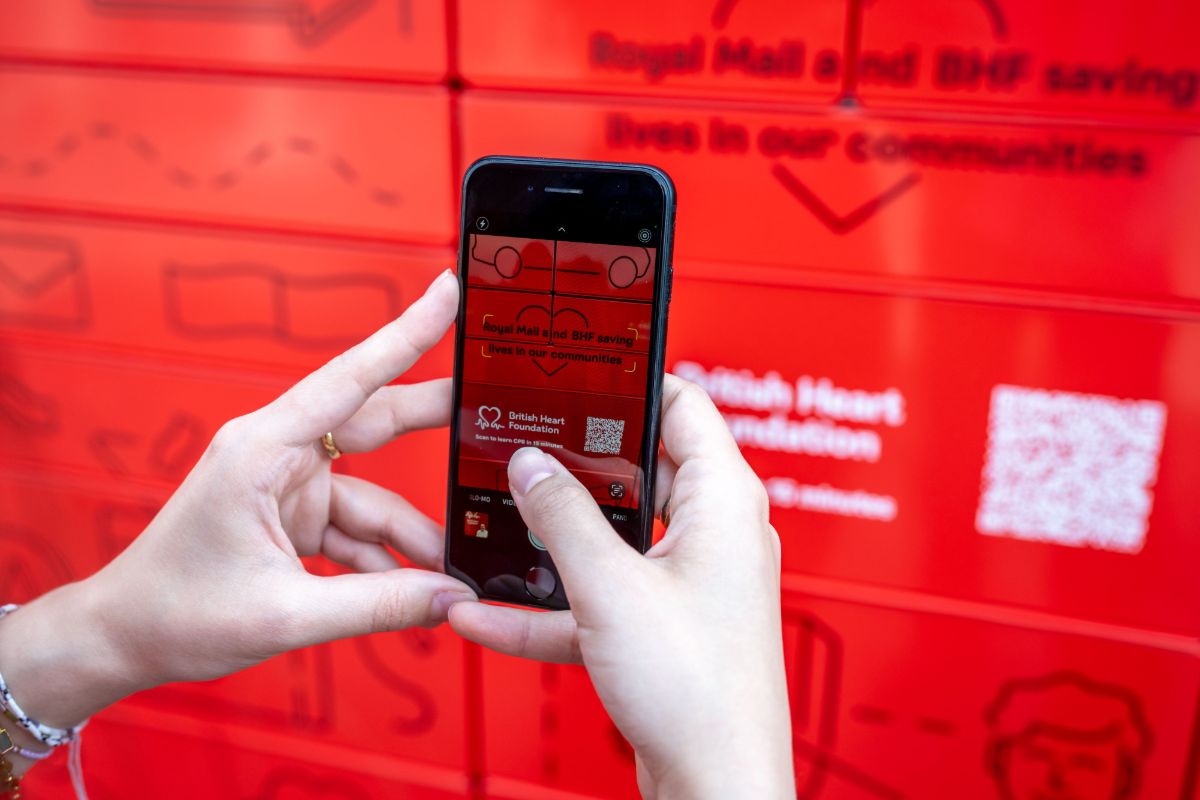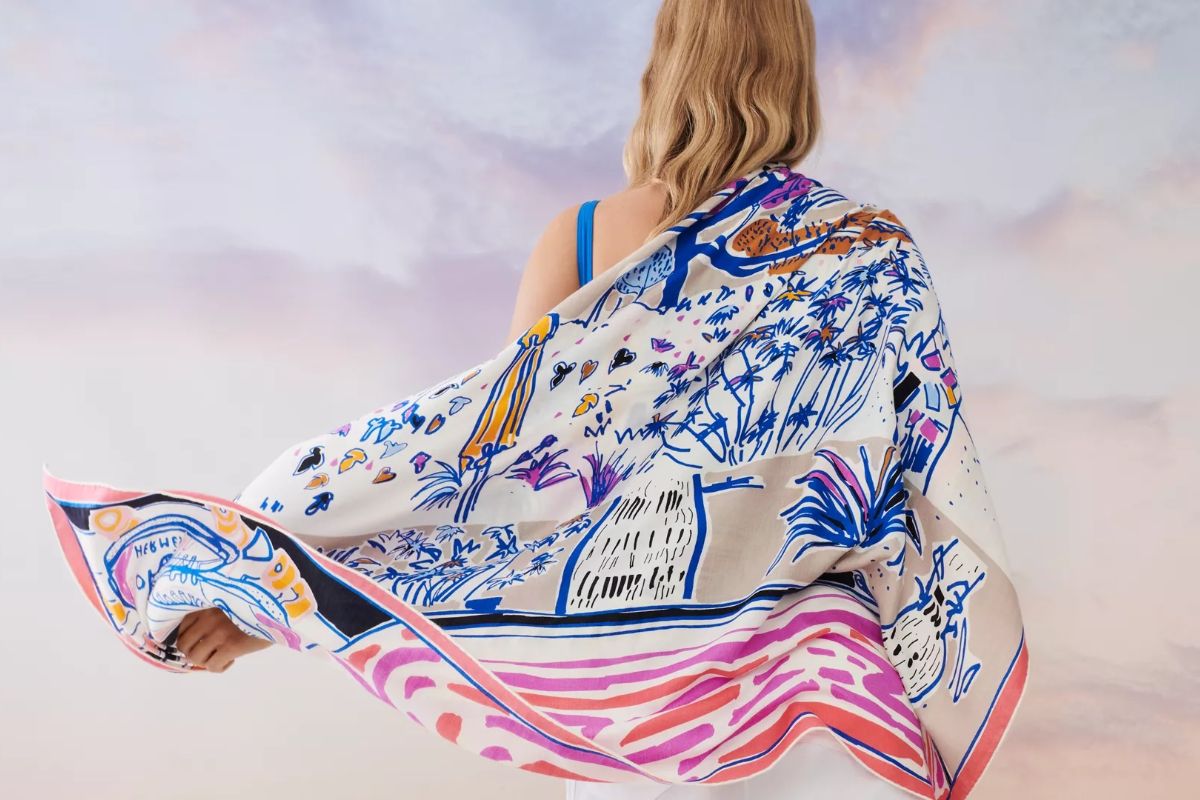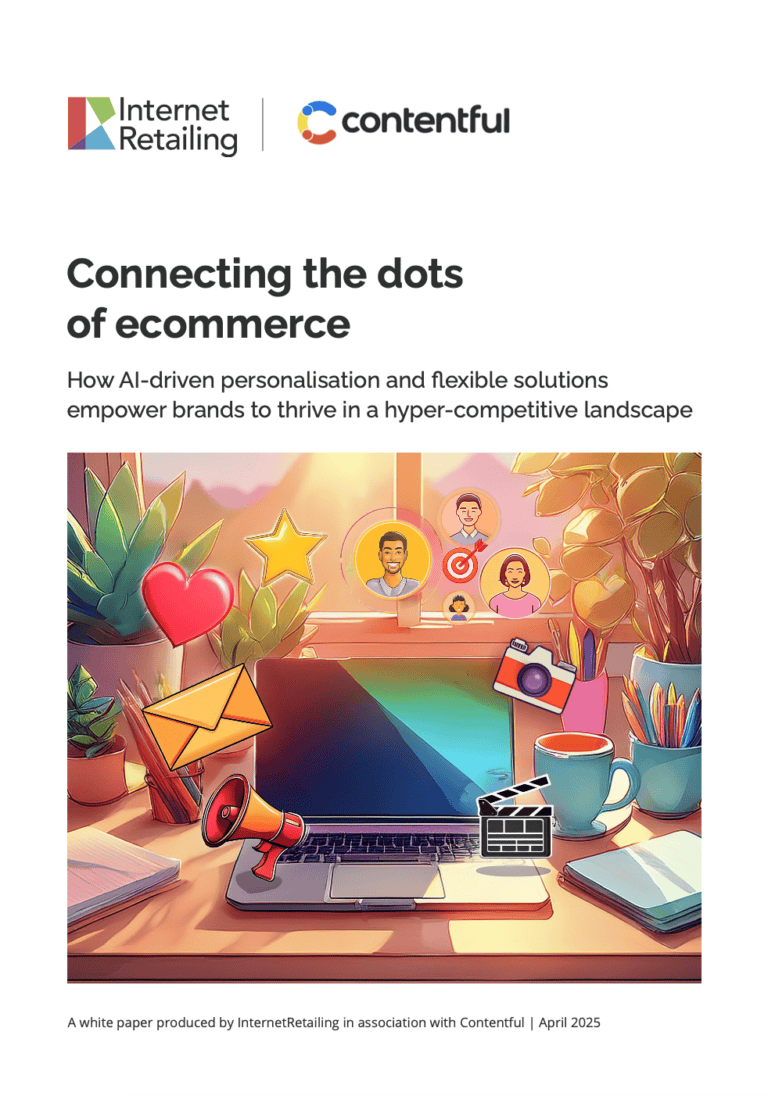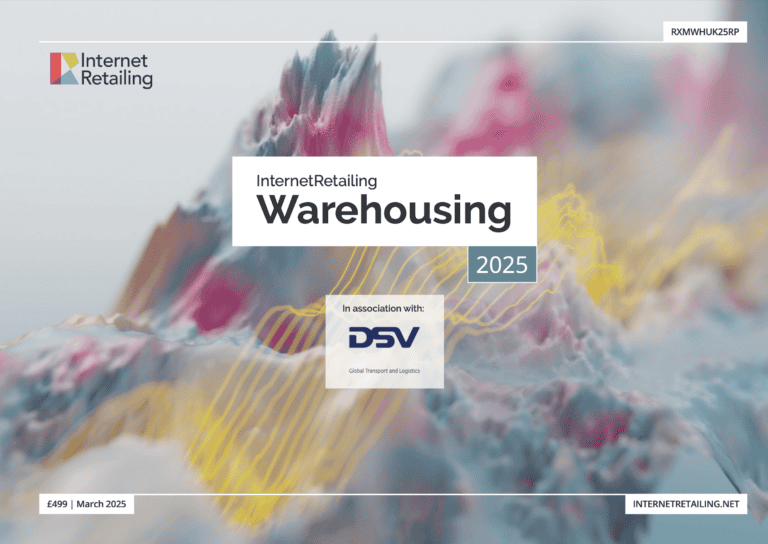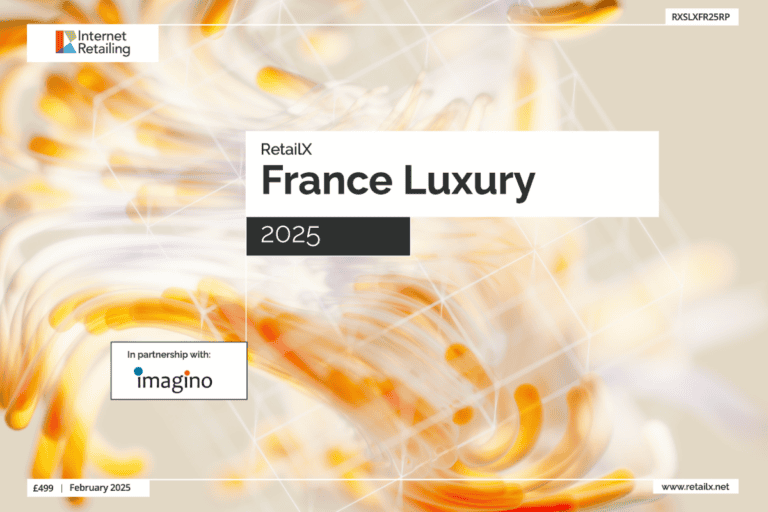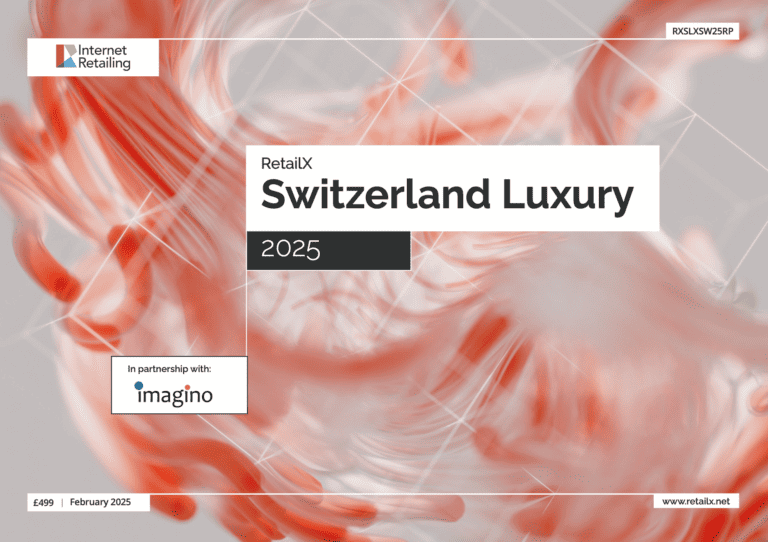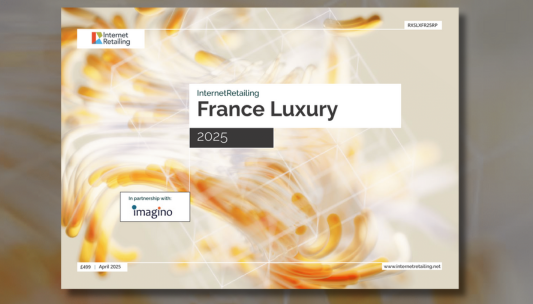The beauty industry is set to replicate the online success of fashion in coming years, according to the CEO of a leading retailer in the space.
Feelunique CEO Joël Palix said in a panel session at the Tech. conference in London that while his sector had traditionally lagged behind fashion, this was now set to change.
He said while fashion had been ahead by five or ten years, he said the company was seeing an influx of skilled staff who “understood” that beauty would be the next major horizon for eCommerce.
“The pool of talents that have been very good at ASOS and Boohoo now want to go to smaller, start-up style companies [like Feelunique].”
He said that the sector had been held back largely by a lack of competition but this was now changing.
“Beauty is dominated by big groups, which had been protective of their brand and uncertain whether eCommerce was the right space for them to sell their products.”
Now, he said, with pure players taking on a more significant share of the market this has changed.
“Only a few years ago did they allow proper online selling and allowed for pure players such as Feelunique.”
He added that beauty had also been held back by fragmentation, with supply agreements generally being at the national or regional level rather than global as with fashion.
Palix said that the next step for the sector would be building a similar emotional connection to the one fashion stores have with customers in the online space.
He said that navigating this for the fashion sector would involve balancing the different buying behaviours in the sector, such as the mindsets of customers buying beauty-enhancing vs functional cosmetics.
Also at the conference to discuss the challenges of bringing the beauty industry was beauty company Coty, owner of brands such as Gucci, Boss and Rimmel.
The company’s eCommerce director Jamie Parker explained how the sector faced particular challenges, in particular citing how customers can’t smell fragrances or test cosmetics before buying them.
For this reason the company’s in-house digital agency Beamly had worked on a fragrance finder with Boots, which allowed users to fill in a quiz and be served with a personalised recommendation.
“Customers don’t always know what they want,” explained Parker.
He said over 200,000 sessions had been initiated organically just through day-to-day use of the site and 75 percent of these had been completed.
The firm had also made use of augmented reality to market its Covergirl brand in a project with Walmart. Shoppers could use their smartphone camera to virtually try on one of five preset looks. This had generated 5 million impressions, Walker said.
Whether beauty can achieve the kind of meteoric growth in eCommerce as fashion remains to be seen, but the sector itself seems optimistic.
Image credit: Fotolia
